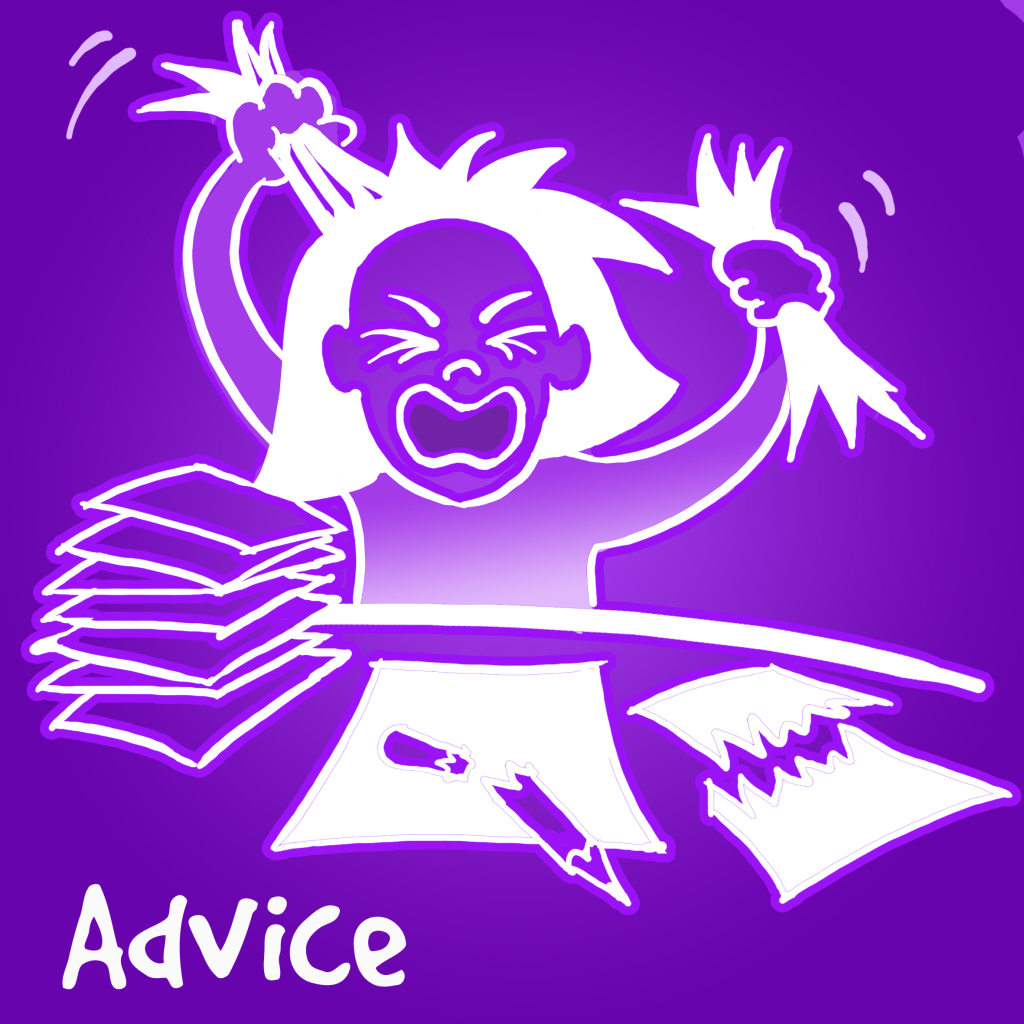
Bookkeeping is an essential part of running a business. Poor bookkeeping can result in poor cash flow which is common among small businesses.
Follow these tips and you shouldn’t run into problems.
Invoice on time
Late invoicing means late payment and then less cash in bank. You do not want to be in a position where you are unable to pay suppliers or your expenses, VAT and tax bills which will result in fines.
Chase invoices
Ensure you collect the money you are owed. You have carried out a job or provided a service so you are entitled to the payment. Some people will be better at paying than others, but make sure you follow up payments that are overdue.
Accurate Records
Having good filing systems and accurate records will make things easier. Keep all receipts and invoices on record, so you can find them easily. Keep all your bank statements in a file together. Paying by card or credit transfer can make things easier as they will show up on your bank statement, reducing the amount of paper receipts you have. Remember when you are emailed invoices to keep them altogether in a folder on your computer, so you can find them easily. Accurate records will also make your year-end records easier to do and will save you time.
Using Software
It’s all about making things simpler and easier and now it’s becoming more of a requirement to use software. Cloud software is the best option at the moment and most accessible as you can login from anywhere and your accountant/bookkeeper can also login and carry out what they require.
Understand HMRC and VAT
Understand HMRC and VAT requirements from the start. Knowing when you need to submit forms and payments will help prevent late payments and then fines.
Pay suppliers on time
You don’t want your business to suffer will late payments for the work you have carried out, so make sure you pay your suppliers on time. Maintaining good business relationships is key for successful business.
Keep on top of it
Update your records regularly as this will save you time. The more you leave it the more daunting it becomes and then it is more likely you will put the job off. Also keeping your financial records up to date means you know exactly where your business is.
Keep business separate
Keep business and personal expenses separate. Pay for things for the business separately and get a separate receipt for it. This will make things a lot simpler when keeping and recording expenses. Having a business bank account can also make things simpler particularly when carrying out bank reconciliations.
MTD for VAT
It became mandatory for all VAT registered businesses to sign up to Making Tax Digital and start using MTD compatible software as of 1st April 2022.
From 1st November 2022 you will no longer be able to use existing VAT online account to file quarterly or monthly VAT returns.
Businesses that file annual VAT returns will still be able to use their VAT online account until 15th May 2023.
MTD ITSA
The next step in Making Tax Digital is for income tax and self-assessment (ITSA). In December 2022 the government announced they were giving a longer period to prepare for MTD.
The mandatory use of software is therefore being phased in from April 2026, rather than April 2024. From April 2026 self-employed individuals and landlords with an income of more than £50,000 will be required to keep digital records and provide quarterly updates on their income and expenditure to HMRC through MTD-compatible software. Those with an income of between £30,000 and £50,000 will need to do this from April 2027.
Mandation of MTD for ITSA will not be extended to general partnerships in 2025 as previously announced.
Although this is a way off, it is important to start making sure records are recorded on software now so that this transition is easier when it comes to it.
